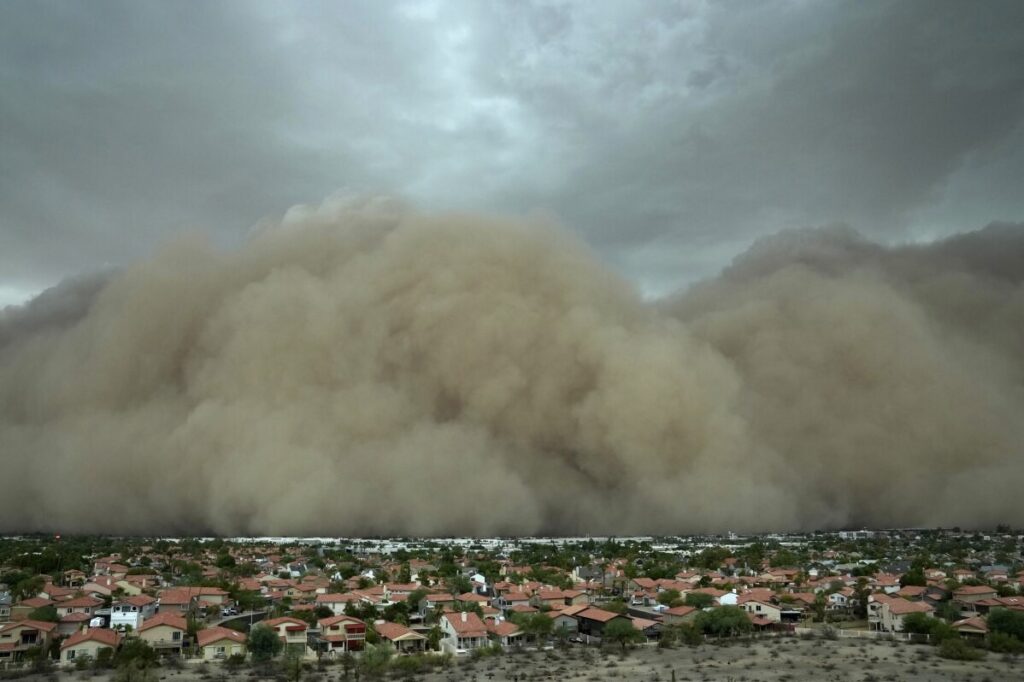Tropical Storm Kajiki Exposes Regional Vulnerabilities — Is America Prepared for Similar Climate Threats?
As Tropical Storm Kajiki batters Vietnam and Southeast Asia with flooding and destruction, urgent questions arise about regional readiness and the broader implications for American national security and economic stability.

Heavy tropical storms like Kajiki are no longer distant events confined to faraway shores. As this storm ravaged central Vietnam—flooding streets in Hanoi, uprooting power lines, and forcing the evacuation of nearly 600,000 residents—it illuminated the growing vulnerability of key regions to increasingly fierce weather patterns.
Central Vietnam faced maximum sustained winds of 73 mph, triggering flash floods and landslides that disrupted transportation networks and closed airports. The substantial mobilization of over 16,500 soldiers underscores the scale of the challenge these nations confront annually as climate disruptions intensify.
Are We Learning From The Warnings Southeast Asia Sends?
Scientific studies have highlighted a dangerous trend: warming seas are causing cyclones in Southeast Asia to form closer to land, strengthen faster, and linger longer. This is not just a regional problem; it is a global challenge with direct consequences for American interests.
The instability generated by such natural disasters fuels humanitarian crises that ripple beyond borders—destabilizing governments, sparking mass migrations, and threatening supply chains integral to U.S. economic security. Can Washington afford to ignore these signals when border security concerns already strain resources?
Climate Chaos Abroad Means Security Risks At Home
The devastation wrought by Kajiki serves as a vivid reminder that environmental upheavals abroad eventually demand a response here at home. Protecting American families requires recognizing how overseas events threaten national sovereignty through indirect but powerful pathways.
This is why America First policies—prioritizing robust border control, energy independence, and resilient infrastructure—remain vital. Instead of becoming entangled in globalist climate alarmism that sidelines practical solutions, the United States must focus on safeguarding its citizens from cascading effects stemming from foreign crises.
As Vietnam grapples with rebuilding after Kajiki’s wrath, we see a cautionary tale about what happens when governments fail to prepare adequately for environmental challenges—lessons we must heed seriously before similar storms expose our own systemic weaknesses.
